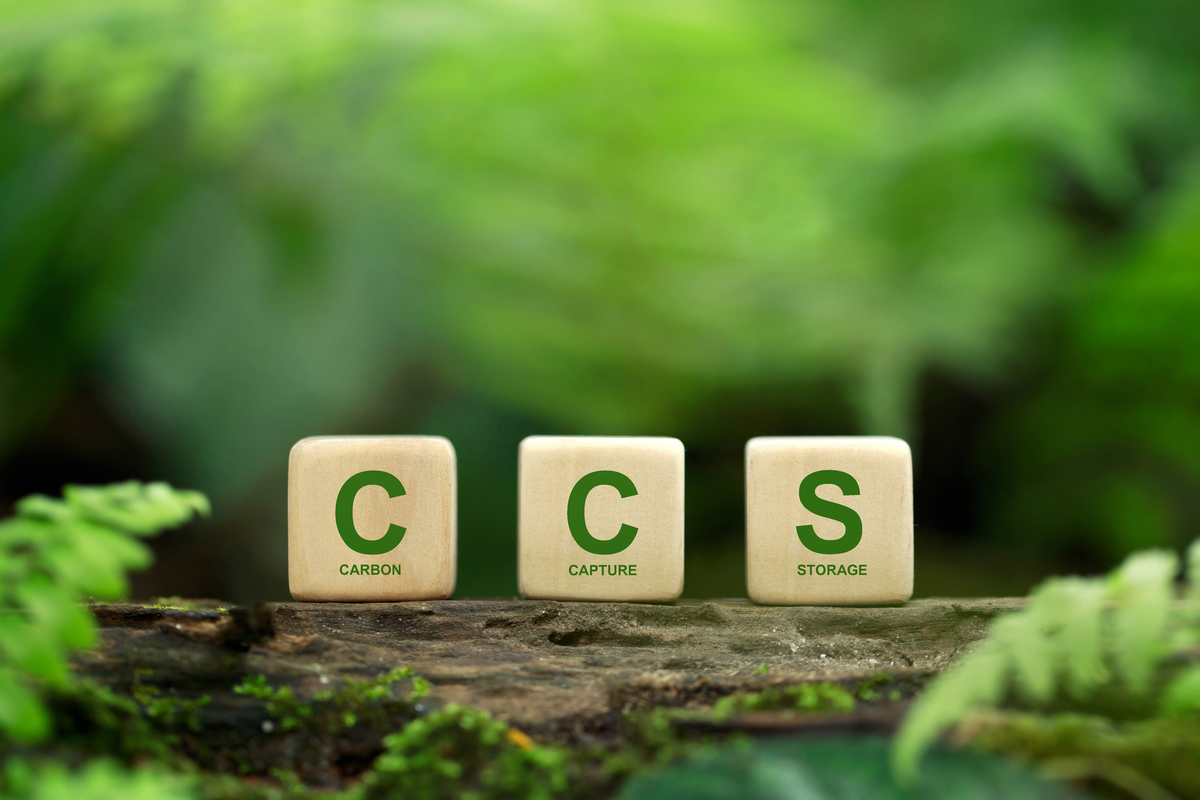Japanese consortium to develop LCO2 carrier designs
A group of Japanese companies has launched a joint study to establish standard specifications and designs for LCO2 carriers and enable the construction of these vessels.
 PHOTO: Getty Images
PHOTO: Getty Images
The study focuses on enabling the construction of these carriers at shipyards across Japan. They also plan to collaborate with industry stakeholders, including other shipyards, to design, develop, and build new ships capable of running on ammonia.
With the expected rise in demand for LCO2 carriers in carbon capture and storage (CCS) projects, which transport CO2 from Japan to storage sites by sea, the companies believe it's essential to build and supply these carriers domestically to enhance the CCS value chain and improve economic efficiency.
The joint study involves shipping companies such as Kawasaki Kisen Kaisha (“K” LINE), Mitsui O.S.K. Lines (MOL), Nippon Yusen Kabushiki Kaisha (NYK Line), and shipbuilders Mitsubishi Shipbuilding, Imabari Shipbuilding, Japan Marine United Corporation (JMU), and Nihon Shipyard - a joint venture between Imabari Shipbuilding and JMU.
Shipping’s crucial role in CCS
Maritime experts highlight that shipping can play a crucial role in large-scale CO2 transport.
Shipping offers “safe, reliable and flexible transportation well-suited to shorter distances and low to medium volumes,” according to Erik Mathias Sørhaug, DNV’s business development director of CO2 shipping.
In June, the classification society Lloyd’s Register approved South Korean shipbuilder HD Hyundai Heavy Industries (HD HHI) and Greek ship operator Capital Gas Ship Management's proposal to develop an LCO2 carrier. In May, Deltamarin and ECOLOG collaborated on designing a short-range, low-pressure, shallow-draft LCO2 carrier.
By Tuhin Roy
Please get in touch with comments or additional info to news@engine.online






